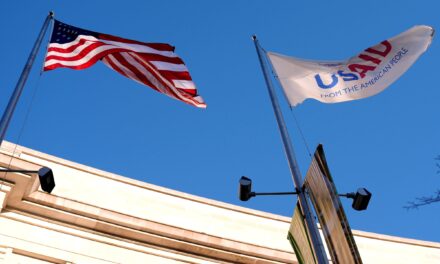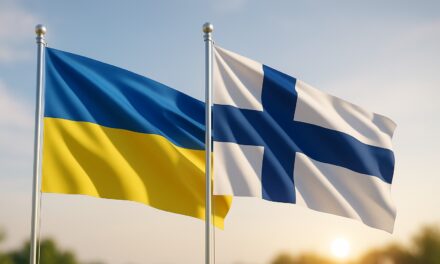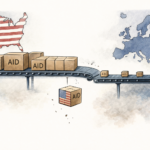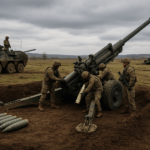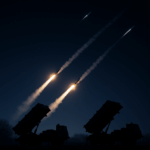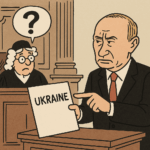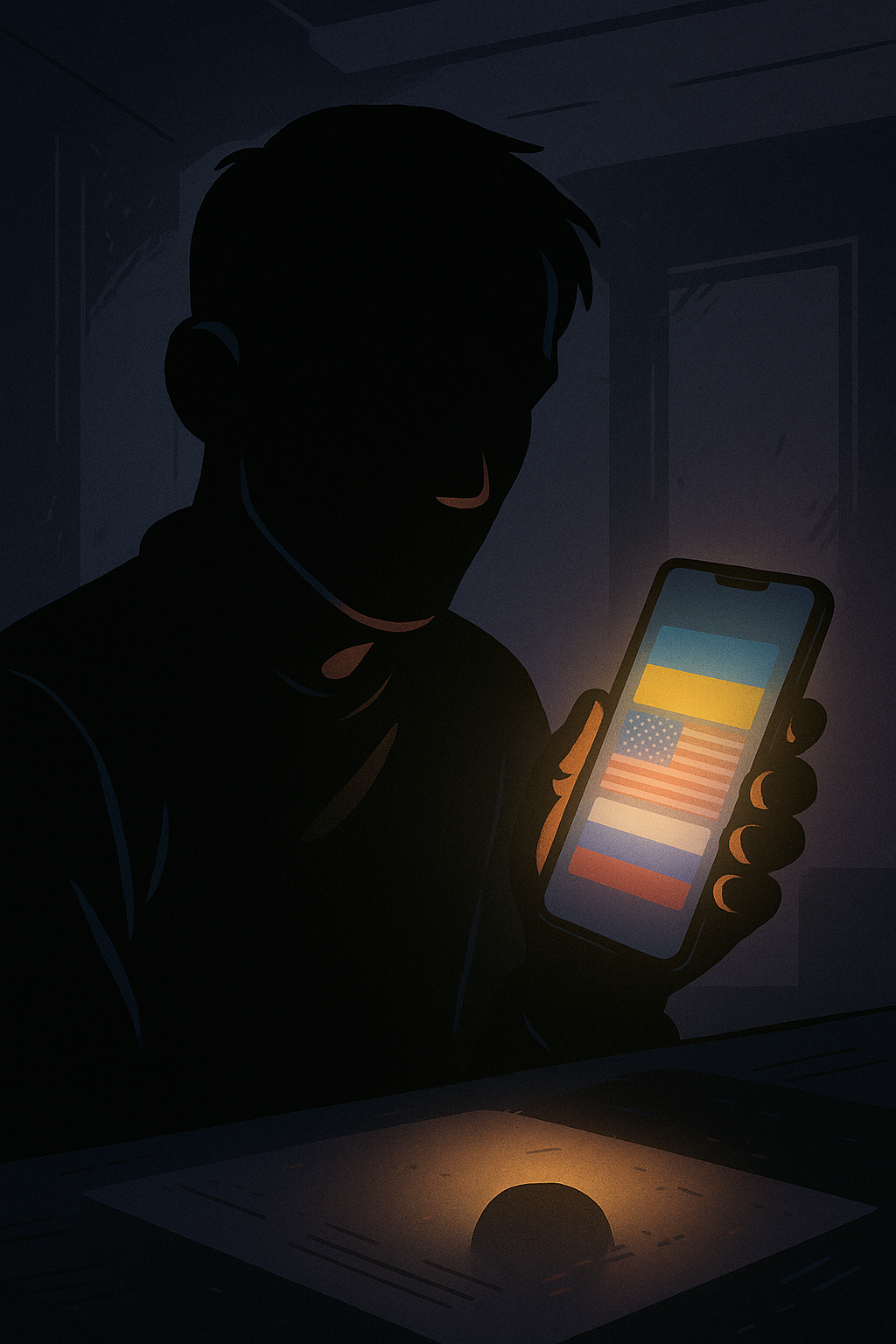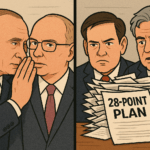The closure of the Islamic school in the Simferopol District of Crimea represents a significant escalation in the ongoing repression faced by the region’s Muslim community, particularly the Crimean Tatars. The rationale provided by the occupying administration—accusations of “Habashism ideology”—highlights a broader intent to suppress any independent religious or cultural expression that diverges from state-sanctioned narratives.
Since the annexation of Crimea by Russia in 2014, there has been a disturbing decline in the number of religious organizations, plummeting from 2,220 to just 932 by January 2024. This attrition reflects the systematic dismantling of religious diversity in the region, driven by the imposition of Russian laws, hostility towards dissenting religious practices, and direct intimidation of leaders and faithful who resist the Kremlin’s control.
The Kremlin’s interference through the muftiate—created under duress and operating as a tool of the occupying power—has effectively consolidated religious authority in Crimea under a regime that prioritizes loyalty to Moscow over authentic spiritual leadership. Reports indicate that as of early 2023, only a minimal number of mosques retained independence from this regime, with actions to suppress the remaining dissenting religious voices reportedly facilitated by occupying law enforcement agencies.
The systematic targeting of Crimean Tatars, as the indigenous population, is rooted in a historical narrative portraying them as disloyal, further justifying repressive measures against their religious practices and cultural identity. The alarming number of documented cases of religious persecution serves as a stark reminder of the dire circumstances faced by Crimean Tatars, who increasingly find themselves at the intersection of ethnic and religious discrimination.
In this context, the closure of the Islamic school is not merely a local incident but part of a more extensive campaign to erase the religious and national identity of the Crimean Tatar people. This action undermines fundamental freedoms, including the freedom of religion and the right to self-identify, contributing to the broader human rights violations in the temporarily occupied territory. The international community must remain vigilant and responsive to these ongoing violations, advocating for the preservation of religious freedoms and the protection of the rights of all oppressed communities in Crimea.
Більше інформації на сайті Mission of the President of Ukraine in the Autonomous Republic of Crimea



